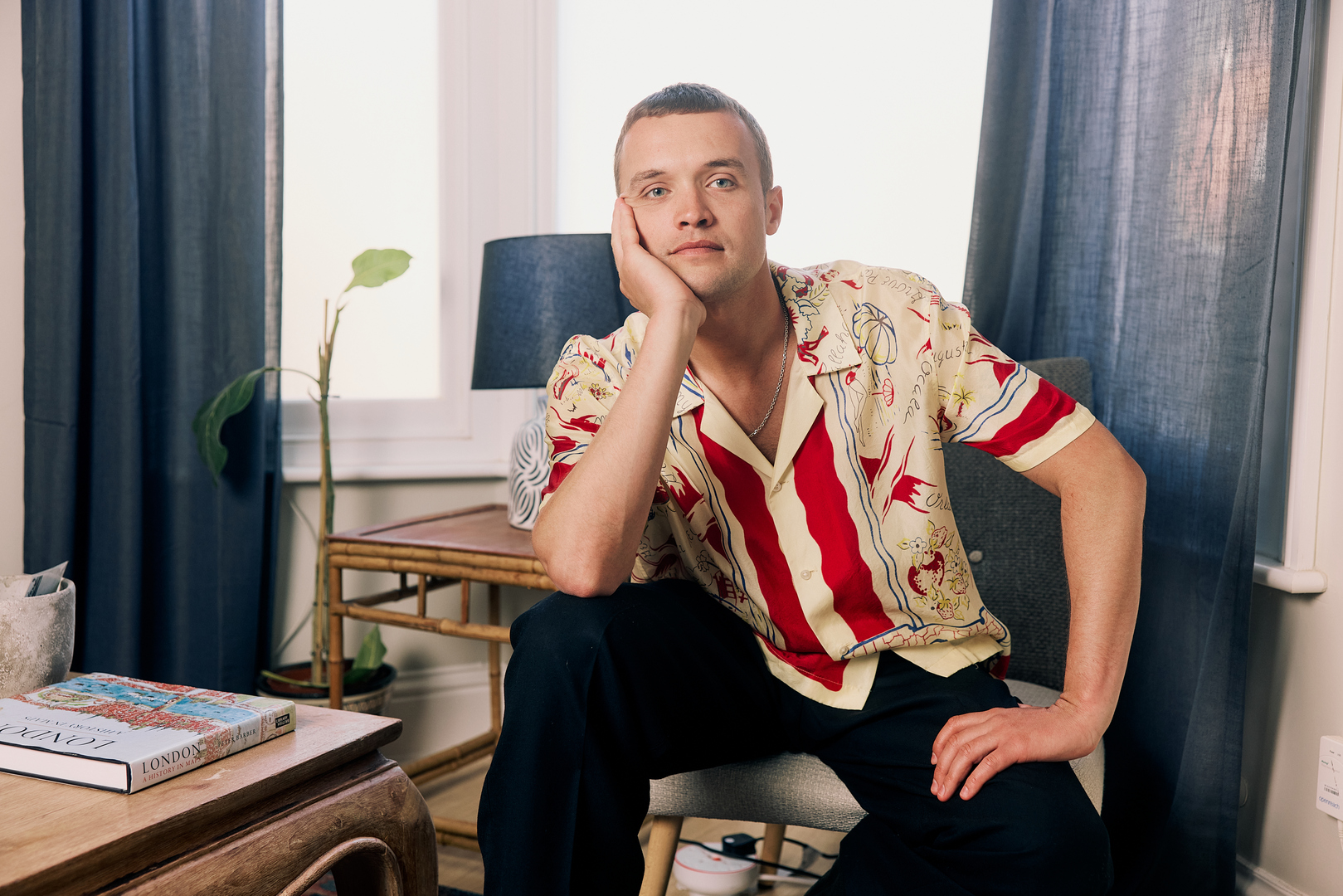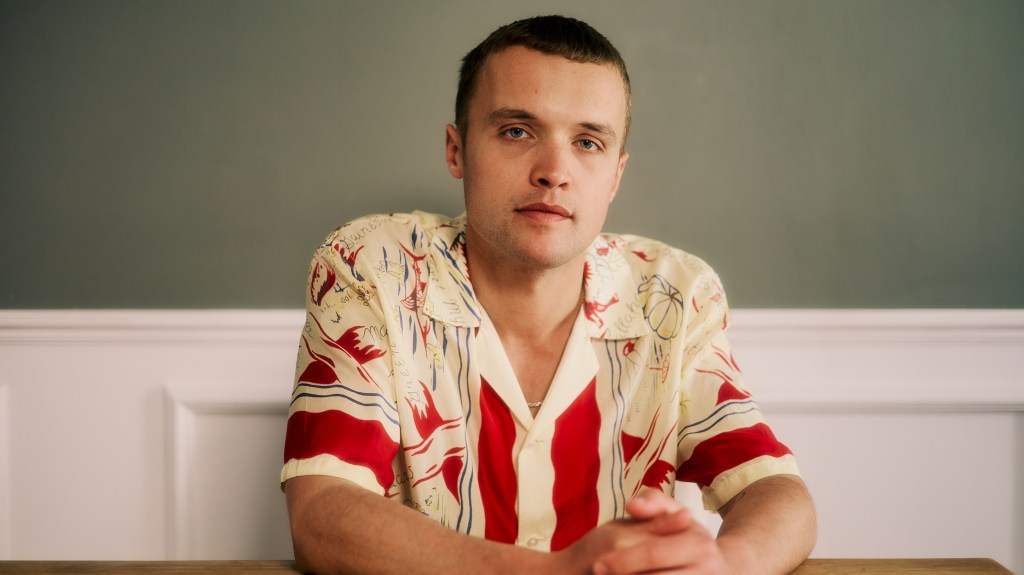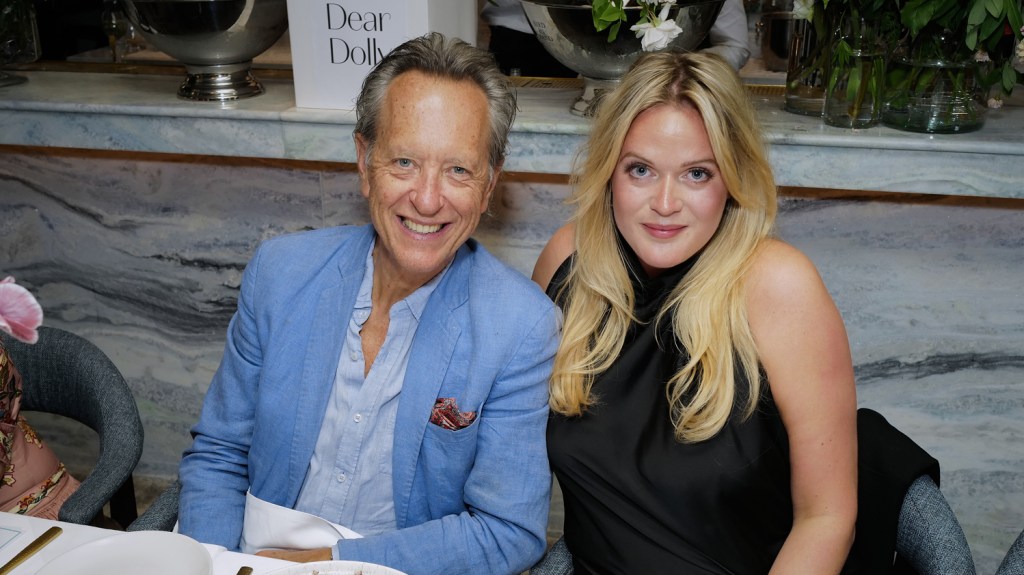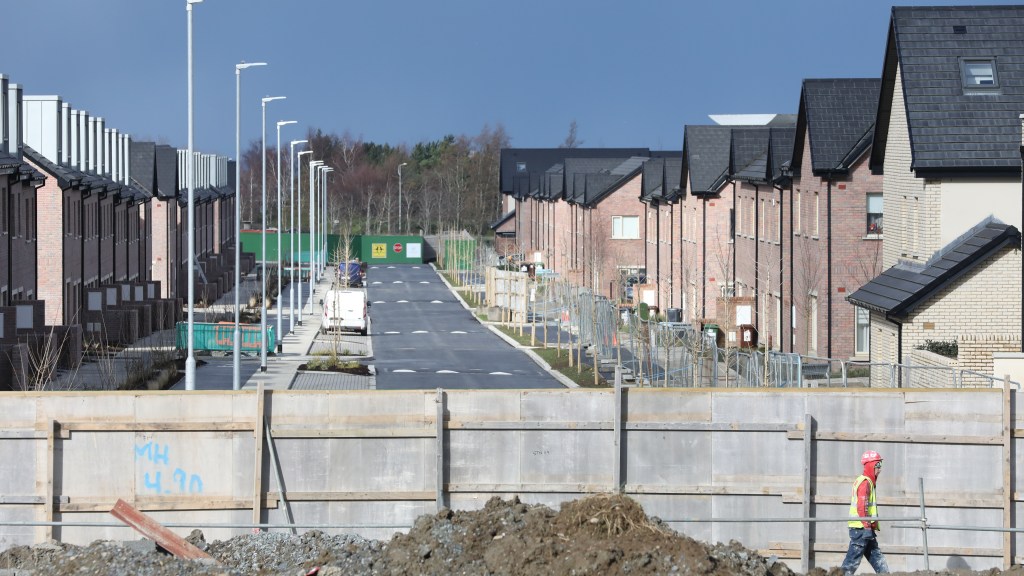My Battle with Testicular Cancer at Age 26
There’s a unique Google search you conduct when you suspect you might have cancer.
I conducted mine in the shower, realizing something was wrong after discovering a lump on my left testicle. I hadn’t meant to examine myself closely—just the routine wash. But every man knows how his testicles should feel, and there’s nothing quite as terrifying as finding an unfamiliar lump.
The lump was small, hard, and about the size of a pea, adhered to the testicle. I attempted to remain calm, but the information online served as a stark warning: those are three signs indicating you need immediate attention.
I was only 26 years old.
In early 2021, securing a GP appointment felt like trying to score tickets for Glastonbury. A helpful 111 operator recognized my anxiety and managed to schedule me into an out-of-hours appointment days later. The GP confirmed my fears: it wasn’t a harmless cyst or a vein. “You need a scan,” she said softly. “Quickly.”
I opted for a private scan. Paying £100 to avoid a month-long NHS wait seemed justified. The next day, I found myself in a sterile, coffin-like room at a Harley Street clinic. The sonographer, a brusque consultant devoid of empathy, moved the cold probe over my testicle. Her demeanor shifted when she encountered the lump. “It doesn’t look good,” she commented as she printed out the images. “Take these to a hospital, and you’ll be seen right away.” I left with what felt like a grim confirmation of my fate.
When the situation is serious, cancer care proceeds swiftly. Within a week, the Royal Marsden hospital had assumed responsibility for my case. Multiple opinions confirmed the same diagnosis: testicular cancer. The testicle would need to be surgically removed.
Testicles are not merely anatomical; they symbolize youth and masculinity, closely tied to concepts of manhood, strength, and sexuality. I was facing the prospect of losing one.
Concerned that I would feel diminished, limited, or somehow damaged, I was reassured by the surgeons that I wouldn’t notice a significant difference. It wasn’t until I awoke the day after surgery with an unexpected morning erection that I began to believe them.
I recuperated at home, awaiting biopsy and scan results, moving about with a painful pint of liquid morphine. Frequently, I found myself gazing into the mirror, wiping away tears, staring at the four-inch scar and the remaining testicle, questioning how my life had taken such a drastic turn.
Cancer rates are escalating, especially among younger people, yet the reasons remain unclear. Even cancers typically associated with age and lifestyle, such as lung cancer, are emerging in younger patients. Testicular cancer, exceedingly rare but the most prevalent form in young men, has increased by 20% over the last decade. This year, an estimated 2,400 others in the UK will find themselves in my previous situation.
The harsh reality of cancer at a young age feels profoundly unfair. I maintained a healthy lifestyle, exercised, and while I did indulge occasionally in alcohol, it was less than many others. I was the picture of health—except for the catastrophic diagnosis.
Before my surgeon spoke, I sensed more bad news was coming; Walter’s grave expression hinted at something dreadful.
The PET scan revealed a small lump on my left lung. The cancer had bypassed the lymph nodes and entered my bloodstream.
This diagnosis meant stage three testicular cancer; there is no stage four.
The proposed treatment included three aggressive rounds of BEP chemotherapy, a regimen involving bleomycin, etoposide, and cisplatin, a protocol developed only in the last 40 years. Prior to this, testicular cancer was often fatal. The introduction of cisplatin has made it one of the most treatable cancers, even when it has spread.
The side effects of chemotherapy are notorious. It indiscriminately destroys all fast-growing cells, much like trying to eradicate fleas by striking a dog. The goal is to administer just enough chemotherapy to prevent relapse without permanently damaging the body—a delicate and often harsh balance.
Before starting treatment, I needed to take care of one last thing. Chemotherapy was expected to render me temporarily infertile, so I was advised to bank some sperm.
This turned into one of the most surreal aspects of my cancer experience. I found myself at a shabby clinic in Hammersmith Hospital, with dim, windowless rooms and an unlikely source of distraction: an old JVC TV showing outdated softcore films deemed suitable for young males. Among the offerings was the peculiar ‘Tits a Knockout: Vol III’—a strange, sexless compilation of topless boxing. I pondered the essential plot lines I must have missed in the first two volumes.
Chemotherapy is as dreadful as you’ve heard, and it’s almost futile to recount how it ravages your body. This isn’t for sympathy but to document my journey with respect for those who have faced far worse.
Each treatment cycle required a three-day hospital stay. At one year too old for the youth ward, I was placed with elderly patients nearing the end of their lives. Frequently, I found an empty bed beside me by morning.

Daily, I was connected to an eight-hour IV drip of toxic drugs, which had to be diluted in significant amounts of fluid. By the end of each infusion, I had gained seven kilos in water weight, elevating my weight from 11 stone to 12. When I looked in the mirror, I barely recognized myself. To cope with the extra fluid, I was given another medication to help me urinate, which compelled me to make frequent trips to the bathroom at the expense of sleep.
I was advised to avoid my favorite foods during chemotherapy. “You’ll never enjoy them again,” one nurse warned, and she was correct. My appetite, once integral to my life as a food writer, vanished. I survived on bland foods: boiled potatoes, plain toast, and sliced apples. The very thought of flavor was intolerable. Cancer stripped food of its joy.
The emotional toll often felt worse than the hospital experience—the sounds, the smells, the specter of death. Returning home was particularly difficult. I chose to stay with my parents in north London to preserve my relationship from the weight of illness. Having only been dating for six months, I didn’t want her to witness me in such a vulnerable state. Cancer demands a level of care that only family can provide. It diminishes your independence and confidence.
I found myself lying for days on my childhood bedroom carpet, utterly drained, unable even to open my eyes. I fell into a state of anti-life, where time was measured by degrees of nausea and slow moments of recovery.
As soon as I began to feel somewhat normal again, another treatment cycle would commence. That’s the cruelty of chemotherapy: administer, collapse, recover, and repeat. The side effects accumulated: hair loss, yellowing skin, and nails separating from their beds.
What kept me going was the support around me—my parents, my partner, who visited daily to lift my spirits, and my friends, who sent light-hearted jokes. (One of my favorites: “What do you call a Russian with three balls? Who did you borrow a bollock from?“)
People often speak of “fighting” cancer, and while I understand that sentiment, it’s more accurate to describe yourself as a passive participant in a battle between the disease and treatment. You are less the soldier and more the battlefield. I found myself caught in limbo between each cycle, as my body processed the poisonous remnants of the treatment. I had no choice; I was at the mercy of the medicine.
After three months and three rounds of treatment, I was declared cancer-free. That was the good news. The troubling aspect was that no one prepares you for life after survival. There’s no manual for navigating the post-cancer limbo that follows being given the all-clear. You don’t simply bounce back; you drift. Having endured a vivid, terrifying experience for a year, you’re expected to revert to normalcy.
I returned to my flat, eager to reclaim my independence, but found everything more challenging than anticipated. I lacked a solid structure—a relationship to restore and a freelance career to rejuvenate. Attempting to return to my previous life, I quickly realized it no longer existed.
My body had transformed, my priorities had shifted, and I had changed as a person. I was enveloped in dark moods, guilt for surviving when others did not, and increasing impatience with anything that hindered my life. Most troubling of all was the silent, frustrating question: why wasn’t I happier?
It took a long time for me to understand the reasons. As philosopher Soren Kierkegaard said, you can only reflect on life in reverse; you must live it moving forward. That’s the path I’m on now, trying to comprehend the decisions I’ve made since my diagnosis.
No neat resolution arrived. No groundbreaking epiphany. I attempted therapy, but it didn’t yield much.
In retrospect, one guiding principle emerged: I sought authenticity, meaningful experiences, and connections—essentially, a quest for life itself. Food became my avenue for these pursuits.
After months of merely existing, I began traveling throughout Europe, sometimes alone, sometimes with my partner, occasionally to work as a chef, and at times just to eat and explore. I sought out producers, artisans, and farmers—individuals who created tangible products with their hands. I launched a supper club in London called Quaff Club, showcasing everything I had uncovered. I started a detailed handwritten diary chronicling every recipe I tried and liked. I even filmed a pilot for a new cooking series. The very element cancer had taken from me became my bridge back to the world.
Now, four years later, I am still in remission. I will continue to undergo tests and scans throughout my life, gradually reducing their frequency. The chance of recurrence remains low but is not entirely absent—a constant concern that lingers in the background. It’s the price of survival.
My sperm is still stored in a freezer at Hammersmith Hospital, with the assurance that I may access it whenever I choose.
When people inquire if cancer altered my essence, I can only reply with “maybe.” It didn’t provide me with answers, but it did clarify what I no longer desired from life. Most importantly, it instilled in me a tolerance for uncertainty and a comfort with not having all the answers.
In the long run, that may be one of the most valuable gifts of all.




Post Comment